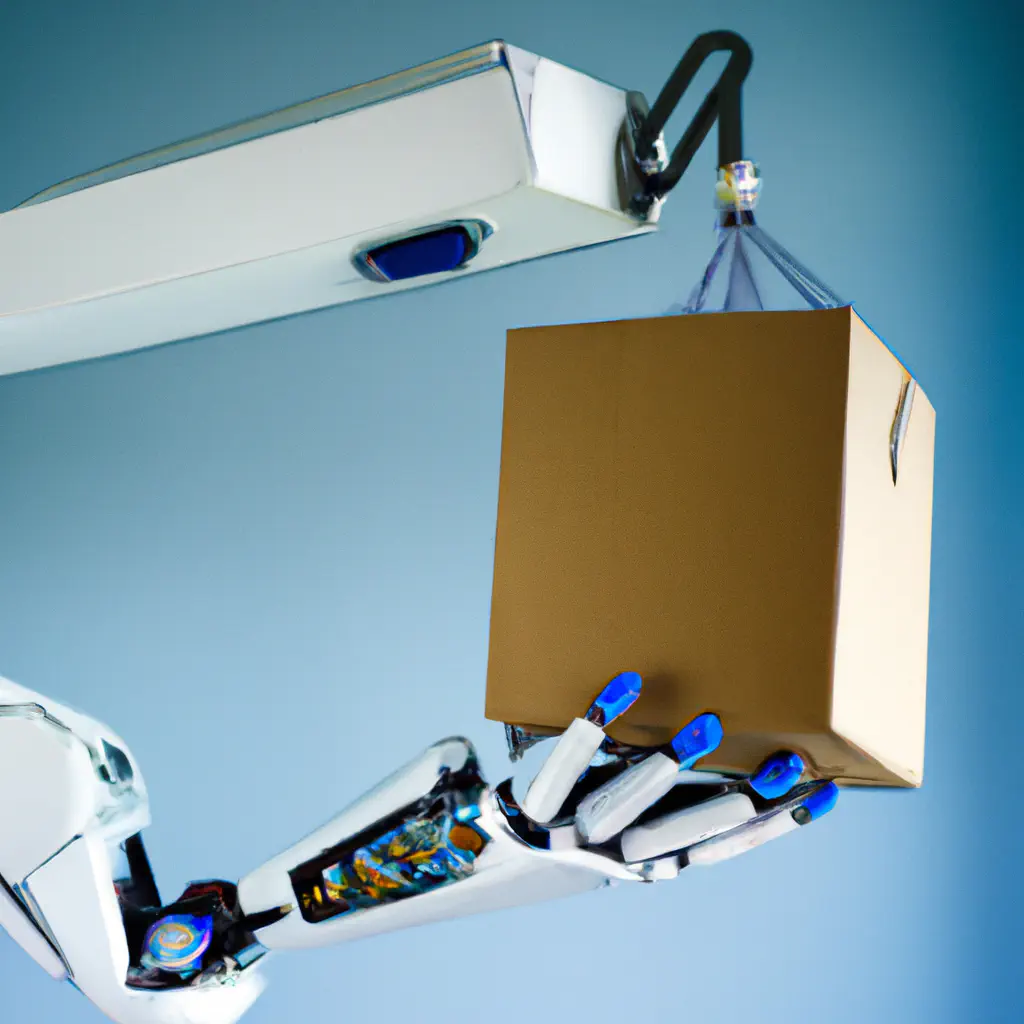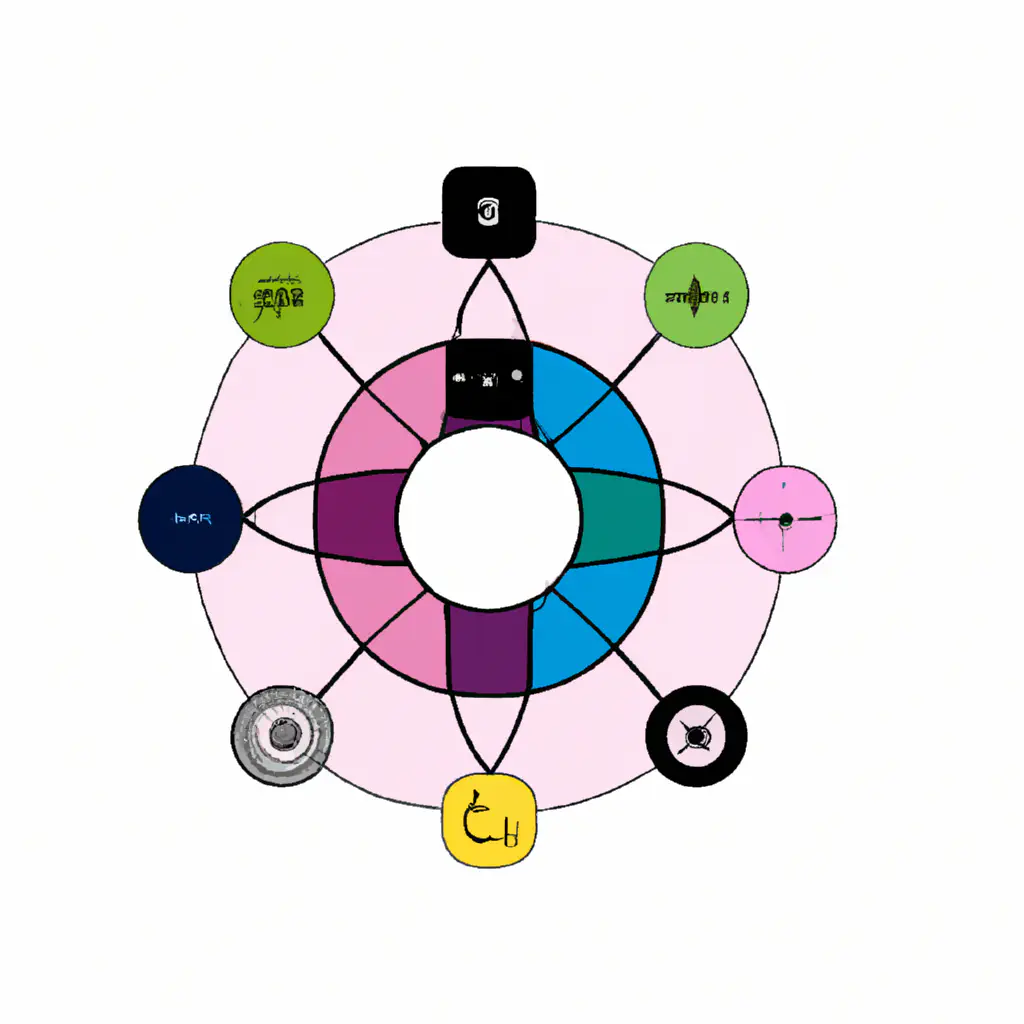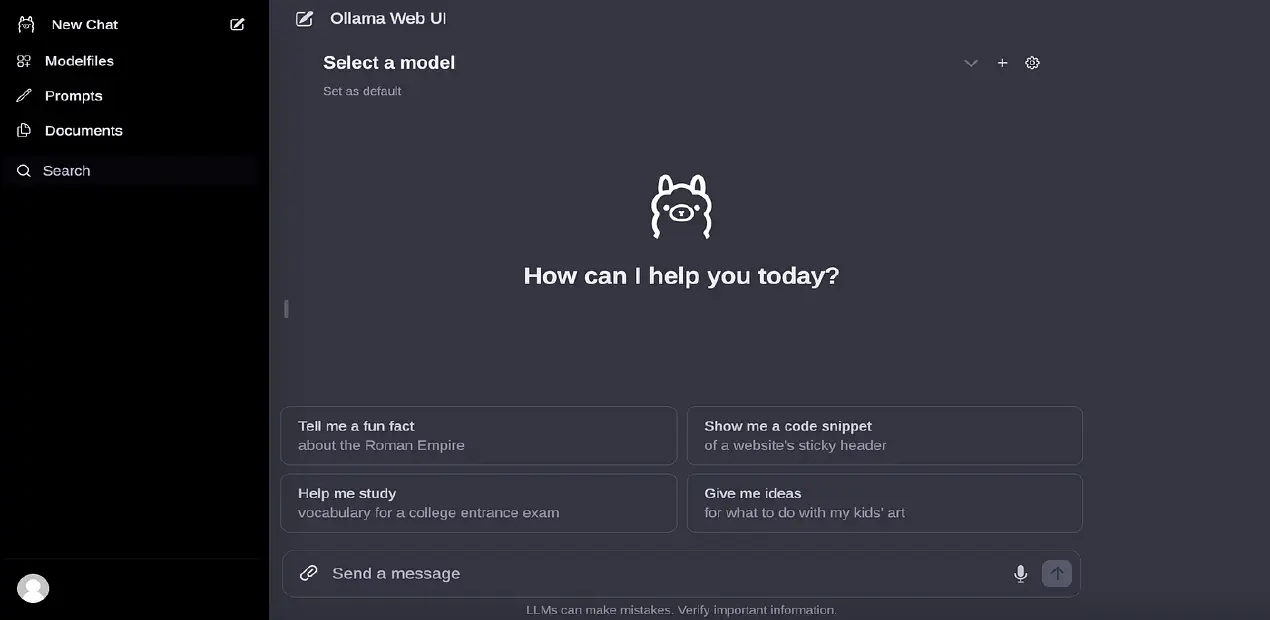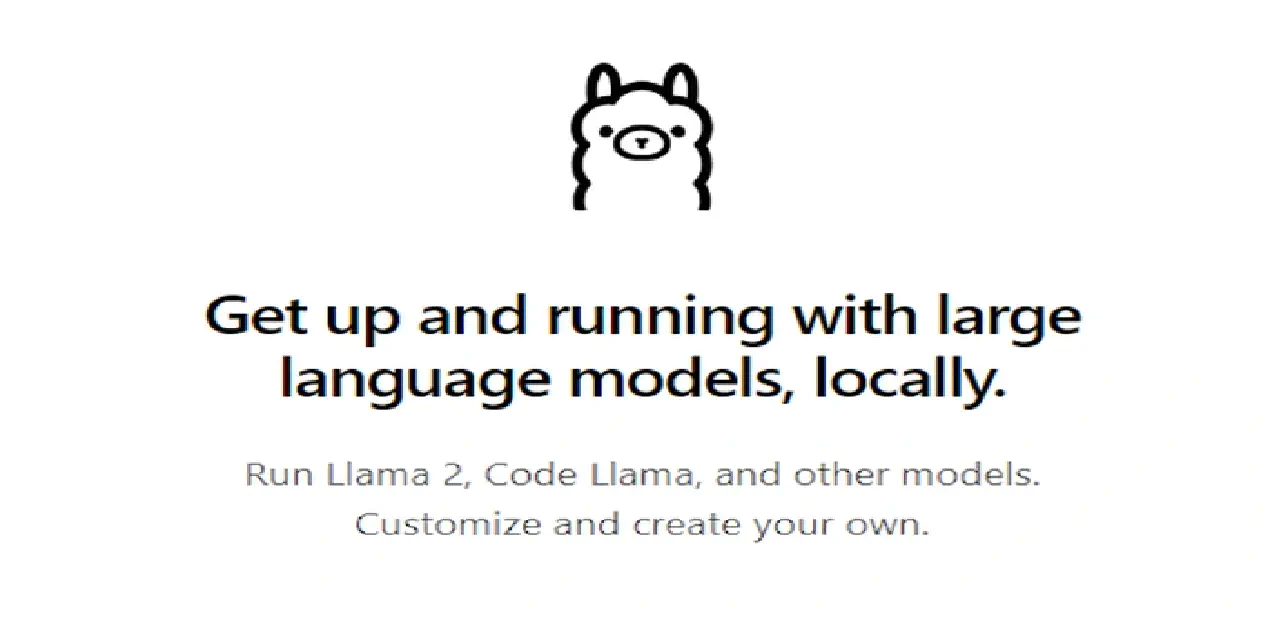Maker.AI : Written and Visual Content using AI.
Posted in Recipe on April 8, 2023 by Venkatesh S ‐ 8 min read
Today’s post is something that I never thought I would write few months ago, until ChatGPT leaped the humanity to a whole new level.
In today’s post, I am introducing one amazing tool called marker.ai usecase using ChatGPT that allows us to write the whole blog contents within a blink of an eye. I am amazed to see the content generated at such a short span of time that you cannot believe yourself. I am today not writing any blog post beyond this, and showing you an example of how I could generate the whole contents using the crazy AI technology available at your finger tips today.
Here is the blog post, also note that all the images were also generated on the same tool.
Unleashing the Power of Artificial Intelligence in Continuous Delivery

Introduction
Continuous Delivery (CD) is a software engineering practice that focuses on the automation of software delivery processes. It enables organizations to rapidly deliver high-quality software products with shorter lead times, while keeping costs low and increasing customer satisfaction. AI, or Artificial Intelligence, is a form of computing technology which uses algorithms to enable machines and computer systems to perform tasks such as analysis, decision-making and problem solving without requiring human intervention.
By leveraging AI for CD pipelines, businesses can gain an edge in the ever-evolving digital landscape by optimizing their development process and accelerating time-to-market for new features. AI provides powerful tools for automating testing procedures, release management processes and continuous monitoring activities – all of which are critical components in delivering quality products quickly and efficiently.
Applications of AI
Applications of AI in Automated Testing
 AI-driven testing is a rapidly growing field that enables organizations to test their software applications with accuracy, speed and reliability. By leveraging AI-based tools such as robotic process automation (RPA) and natural language processing (NLP), automated testing can be used to quickly identify discrepancies between the expected output from an application and its actual performance. This helps developers ensure that new features are not introducing bugs or breaking existing functionality before they go live. Additionally, automated testing allows for faster feedback cycles which facilitates quicker bug fixes when issues do arise.
AI-driven testing is a rapidly growing field that enables organizations to test their software applications with accuracy, speed and reliability. By leveraging AI-based tools such as robotic process automation (RPA) and natural language processing (NLP), automated testing can be used to quickly identify discrepancies between the expected output from an application and its actual performance. This helps developers ensure that new features are not introducing bugs or breaking existing functionality before they go live. Additionally, automated testing allows for faster feedback cycles which facilitates quicker bug fixes when issues do arise.
Applications of AI in Release Management

The use of AI in release management has enabled organizations to streamline their processes by automating mundane tasks and providing predictive analytics to help anticipate potential risks during the release process. For example, machine learning algorithms can be leveraged to analyze past releases and identify patterns that may indicate problems ahead of time. This information can then be used to develop strategies for efficiently managing future releases while also reducing risk and ensuring quality control throughout the entire lifecycle.
Applications of AI in Continuous Monitoring

Continuous monitoring is essential for any organization wishing to stay competitive on today’s digital landscape, yet it requires resources that many companies simply don’t have available at all times. However, thanks to advances in artificial intelligence technology, businesses now have access to powerful tools capable of automatically detecting anomalies or changes within their systems or networks – allowing them to respond immediately if necessary without having an employee manually monitor every system change 24/7/365.
Additionally, utilizing predictive analytics allows companies gain insight into potential future risks so they can proactively address any potential problems before they occur rather than waiting until after something goes wrong.
AI-powered Continuous Delivery Tools

Circle CI is a popular continuous delivery platform that leverages AI to provide automated testing and release management. With Circle CI, teams can quickly set up their development pipelines with its intuitive drag-and-drop interface and easily configure integration with other tools such as Git Hub or Slack. The cloud-based tool also provides powerful features for optimizing the speed of the build process by automatically parallelizing jobs across multiple machines – allowing developers to deploy code faster without sacrificing quality. Additionally, Circle CI offers comprehensive monitoring capabilities which allow organizations to track progress in real time and ensure timely releases.
Travis CI is another excellent option for leveraging AI-powered continuous delivery tools. This cloud-based platform enables teams to easily manage their builds on any number of platforms including Linux, Windows, mac OS and iOS devices while providing detailed insights into each stage of the process along with debugging information should anything go wrong during deployment. One unique feature Travis CI offers is its ability to detect potential problems related to performance before they become an issue – enabling developers to quickly address them before pushing out a new version of their software product.
Heroku Pipeline is an automated deployment service designed specifically for Heroku applications that uses machine learning techniques in order to optimize the roll out process across different environments within your application architecture stack – from staging through production deployments. By utilizing this AI powered approach, teams are able to receive more accurate feedback on how well their changes will perform when deployed live thereby reducing costly errors or delays caused by manual processes such as manual QA tests or human validation steps along the way.
Technology Challenges
Data Security is an ongoing challenge for all organizations, and technology has become a critical factor in protecting their data from malicious actors. By leveraging advanced tools such as encryption algorithms and access control systems, businesses can ensure that only authorized personnel have access to sensitive information while keeping it safe from intruders. Additionally, utilizing authentication protocols helps verify the identity of users attempting to gain entry into networks or applications – adding another layer of security to keep unauthorized parties out.
Process Automation combines software engineering with machine learning principles in order to automate manual tasks that would otherwise take up a lot of time and resources. This enables companies to reduce operational costs while increasing efficiency by streamlining repetitive processes such as invoicing, sales orders or customer service inquiries. AI-driven automation also provides better insights into performance metrics which can be used for predicting future trends or identifying areas where improvements need to be made in order optimize workflows over time.
Data Storage is an essential component of any organization’s digital strategy, yet traditional storage solutions are often expensive and lack scalability options when dealing with large amounts of data. Fortunately, cloud computing services provide both cost effective alternatives along with flexible scaling capabilities allowing companies the ability store their data without ever having worry about running out space on-premises servers again. Furthermore, advances in AI technologies are making it even easier for businesses manage their cloud infrastructure through automated management tasks such as selecting optimal performance configurations based on usage patterns or setting up automatic backups ensuring your data stays secure at all times no matter what happens.
Benefits of AI
The use of artificial intelligence (AI) in software development has revolutionized the way organizations design, build, and maintain applications. AI enables teams to automate mundane tasks such as testing and release management while providing predictive analytics for risk assessment – drastically reducing cycle times and increasing quality assurance throughout the entire process. Additionally, AI-driven automation tools allow businesses to scale their operations quickly without compromising on performance or reliability – allowing them to stay competitive in today’s ever-evolving digital landscape.
In addition to its ability to optimize processes within a development environment, AI technology can also be used for improving customer service experiences by automating routine inquiries or offering personalized recommendations based on user behavior. This not only helps reduce costs associated with staffing but also provides customers with more accurate results faster than traditional methods could ever hope to achieve. Furthermore, using natural language processing algorithms allows companies create chatbots which can interact with visitors just like a human support representative would – providing an even more efficient solution for responding quickly and accurately to customer queries across multiple channels including email, text messages or voice calls.
Finally, leveraging machine learning techniques within data storage solutions allows organizations store vast amounts of data securely and cost effectively while scaling up capacity automatically as needed without any manual intervention required from IT personnel – resulting in greater efficiency gains that keep pace with growing demand for information storage services. As these technologies continue evolve over time there is no doubt that they will become even more integral parts of how we develop software products going forward – granting us unprecedented levels of control over our workflows while still ensuring quality remains at the forefront of every decision made along the way.
Conclusion
In conclusion, the use of artificial intelligence (AI) in software development is becoming increasingly commonplace as businesses recognize its potential for improving efficiency and quality assurance across all stages of the process. From automated testing to release management and predictive analytics, AI-powered tools are streamlining how teams design, build and maintain applications – enabling them to deploy faster with greater accuracy. Additionally, AI can be used to improve customer service experiences by automating routine inquiries or providing personalized recommendations based on user behavior which increases satisfaction while reducing costs associated with staffing. Finally, machine learning techniques within data storage solutions allow organizations store vast amounts of data securely while scaling up capacity automatically as needed without any manual intervention required from IT personnel – resulting in greater efficiency gains that keep pace with growing demand for information storage services. As these technologies continue evolve over time there is no doubt that they will become even more integral parts to our digital transformation efforts going forward – granting us unprecedented levels of control over our workflows while still ensuring quality remains at the forefront of every decision made along the way.


